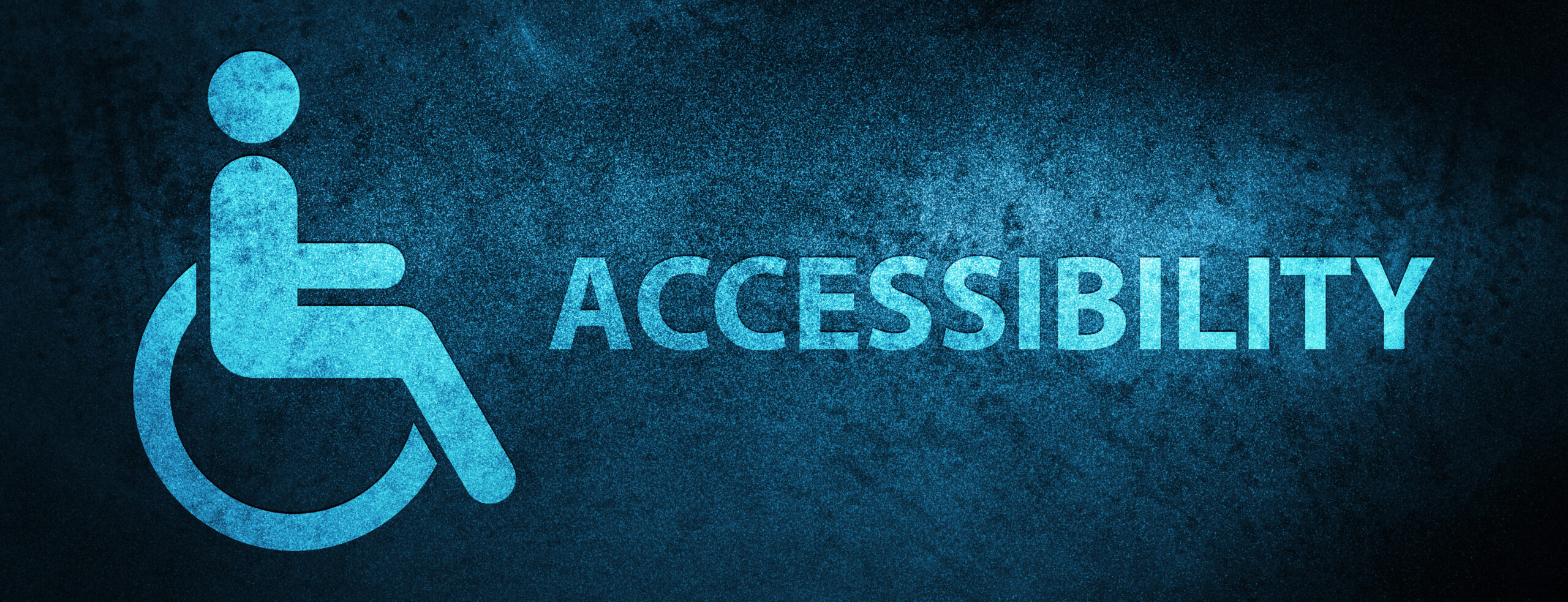
Accessibility Compliance Solutions
Perspective Tester is a consultancy focused on helping corporations comply with legal accessibility requirements. These requirements exist under federal laws, such as the Americans with Disabilities Act (ADA) and Section 508, as well as state laws like the California Consumer Privacy Act (CCPA).
Determining compliance with these laws requires technical expertise with HTML and Assistive Technologies used by people with disabilities. The process involves manual testing that cannot be duplicated through automation. Our team is made up of experts in this work, including people with disabilities who rely on Assistive Technology to navigate the web.
What we do

Clients trust us to guide them to a legally compliant level of accessibility. The services we provide to achieve this depend on a number of factors, including the amount of activity and updates being made to a website, the internal resources available to the client and the project timeline. The work consists of three phases: Assessment, Remediation and Monitoring.
The first step is always the assessment, often referred to as the audit. This is the testing phase where our experts locate WCAG violations using screen readers or other forms of Assistive Technology. This work is critical because it defines the current state of compliance and identifies the areas that need to be remediated. This phase is always performed by our team. We do not accept assessments provided by third parties.
The audit report is a detailed document that includes all of the WCAG violations discovered, location of the violations, links to the standards in question and notes from the tester performing the audit. These reports are designed to support the dev team tasked with remediating the HTML and bringing the site into compliance. We frequently work with skilled developers who have no experience with WCAG but have proficiency with programming languages. Our reports are designed to make the remediation phase as efficient as possible, while also educating developers on accessibility and familiarizing them with the success criteria of the WCAG standards.
Once the WCAG violations have been identified, the HTML must be adjusted. This work is most often performed by the client’s dev team, but we do offer the service when appropriate. Most violations require a simple adjustment to meet the WCAG standards, but the technology on which the site is built and third-party services being used may add complexity. If we are not performing the remediation we still provide support and assistance throughout the process.
Because websites are constantly evolving, the best way to ensure ongoing compliance is through additional testing. The frequency is dictated by several factors, including how often the sites are being updated, the dev team’s familiarity with accessibility techniques and the client’s tolerance with risk. Our recommendation for ongoing monitoring is always customized based on these factors.
We provide structured training on accessibility for developers, designers and marketers. These courses are the best way to give a team an understanding of the fundamentals at play. These classes are popular because they provide a practical, clear approach to what this work really means. They also ensure much of the work will be able to be performed by the client team, reducing the costs involved with utilizing consultants.

True accessibility, and therefore true compliance with the legal requirements, can only be assessed through manual testing. Automated solutions promising compliance through JavaScript overlays do not make websites accessible for the disabled and do not meet the standards required by law. Manually testing through Assistive Technology, such as screen readers, is the only way to determine compliance.
We perform compliance audits using the evaluation methodology recommended by the World Wide Web Consortium (W3C), industry best practices, and our learned experience. We navigate websites, apps, and documents using Assistive Technology and identify areas that do not meet the Web Content Accessibility Guidelines (WCAG).
The WCAG have been around as long as the Web itself. These standards make it possible for third party devices and user agents to navigate the HTML upon which the Web is built. This includes labels and alternative descriptions for non visual users, clear navigation mechanisms, context and orientation and appropriate markup. These standards are constantly being improved upon by the World Wide Web Consortium. The current standard is WCAG 2.1 and we work toward this conformance unless otherwise directed.
Accessibility is about the ability of assistive technologies to navigate a website, app or document. Most often, this involves the use of a screen reader. There are many types of screen readers, but the most commonly used are JAWS and NVDA. But there are other assistive technologies being used and it’s important to understand them to obtain a clear picture of what accessibility really means.
The simplest way to understand it is to imagine navigating a website with a keyboard. The ability to not rely on a mouse or track pad is the core of accessibility in action. Other tools used by people with disabilities include contrast adjusters and screen magnifiers, as well as braille readers and “sip and puff” straws.
When we perform our testing we utilize several assistive technologies as well as device and browser combinations. The latest iteration of the WCAG standards focused in a large part on mobile users. As phones become more prevalent, it is critical we ensure navigation through them is possible for people with disabilities. Our assessments cover all of these user scenarios to ensure true accessibility is achieved.

Contact
- Philadelphia, pa
- info@perspectivetester.com
Copyright © 2023 Perspective Tester